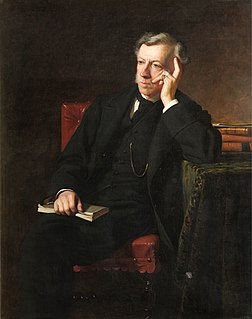A Quote by Daniel Nathans
First of all, many human diseases are influenced by, if not caused by mutations in genes.
Quote Topics
Related Quotes
There's already a lot of active research going on using the Crispr technology to fix diseases like Duchenne muscular dystrophy or cystic fibrosis or Huntington's disease. They're all diseases that have known genetic causes, and we now have the technology that can repair those mutations to provide, we hope, patients with a normal life.
We've just done a five-day retreat at the Chopra centre and people who went to the meditation retreat saw their anti-ageing enzyme increase by 40 per cent. We looked at their 23,000 genes and the self-healing genes were up regulated and all the genes related to heart disease, cancer and inflammatory diseases, diabetes, they all went down within five days.
Sexually-transmitted diseases is caused by sexual activity and promiscuity it spreads diseases. That's been known, you know, about 400 or 500 years, that somehow these diseases are spread. If fault comes with people because of their personal behavior but it isn't to be placed on a burden on other people, innocent people, why should they have to pay for the consequences?
Although random mutations influenced the course of evolution, their influence was mainly by loss, alteration, and refinement... Never, however, did that one mutation make a wing, a fruit, a woody stem, or a claw appear. Mutations, in summary, tend to induce sickness, death, or deficiencies. No evidence in the vast literature of heredity changes shows unambiguous evidence that random mutation itself, even with geographical isolation of populations, leads to speciation.




































